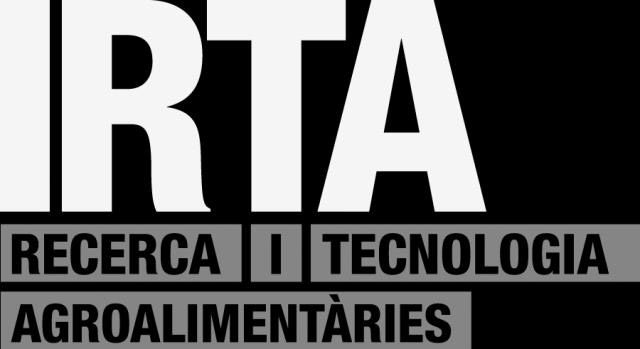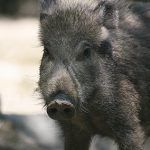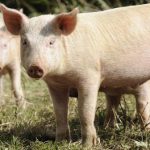IRTA-CReSA at ESVV-EPIZONE, Viena 2018
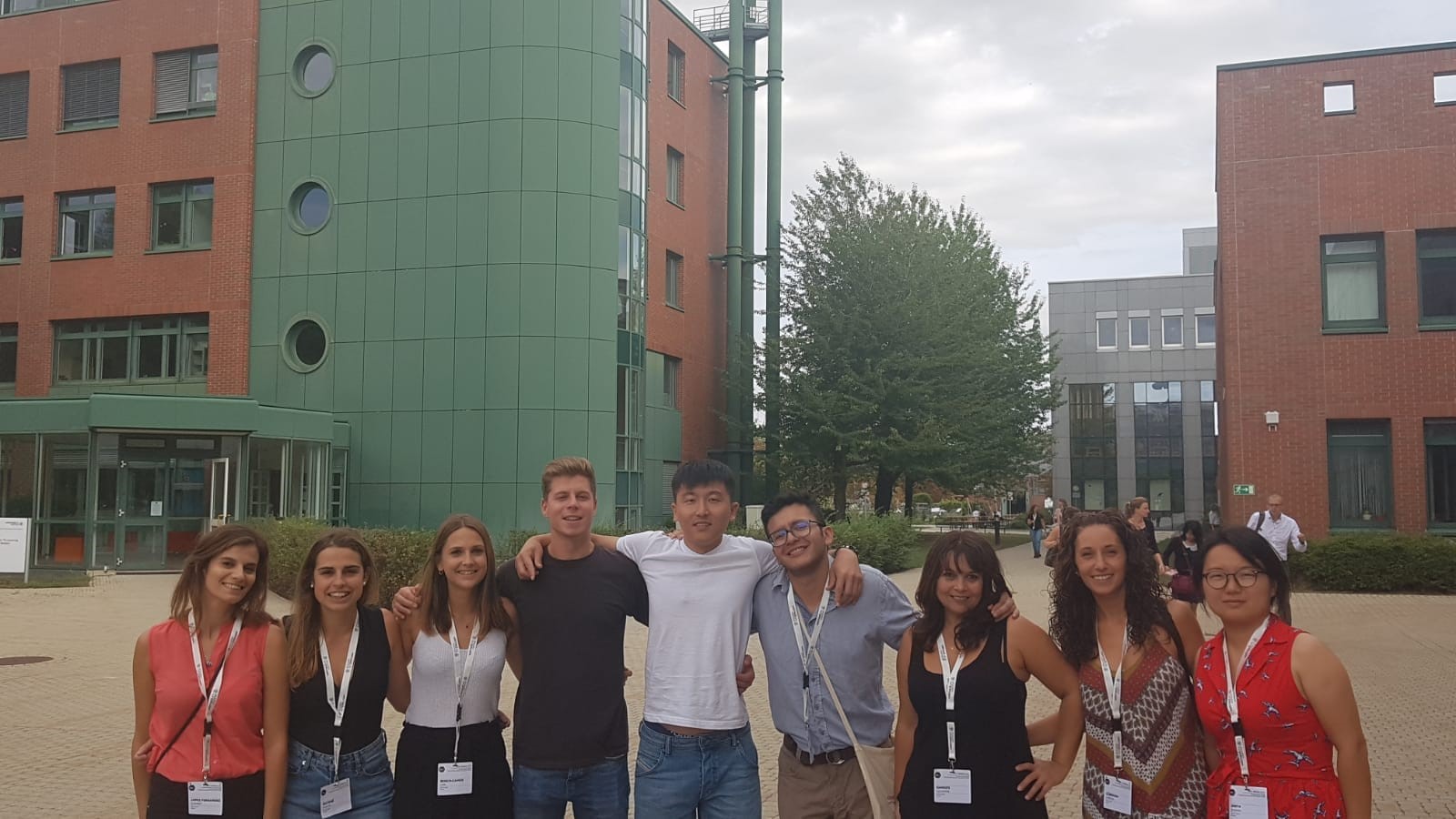
From the 27th to the 30th of August an important International event, which gathered scientists from all over the world, took place in the “heart of Europe”, Vienna. The occasion welcomed the 11th International Congress for Veterinary Virology (ESVV) and the 12th Annual Meeting of EPIZONE in the same place, the prestigious University of Veterinary Medicine. ESVV-EPIZONE 2018 allowed attendants from different research centers, regulatory agencies and external partners to exchange new research outcomes and know the state-of-the-art of veterinary virology and its advances.
The scientific program owned presentations from internationally recognized scientifics, including the participation of IRTA-CReSA personnel as well, who performed plenary sessions destined to diverse topics: (i) Emerging, zoonotic and vector-borne viruses, with talks dedicated to major concern diseases, such as West Nile Fever Virus, Hepatitis E, Rabies Virus, African Swine Fever Virus (ASFv) or Middle East Respiratory Syndrome Coronavirus (MERS-CoV), (ii) Viral pathogenesis and evolution of some viruses that severely harm livestock, (iii) Viral immunity; advances in vaccinology and antivirals, where advances in viruses like ASFv or Classical Swine Fever Virus (CSFv) were discussed, (iv) Advances in viral diagnostics, which stated studies performed using the last generation technology that has been launched in the scientific market, among other sessions focused on viral infections of swine (v), equines (vi), carnivores (vii), ruminants (viii), birds (ix), rodents and lagomorphs, fish and bees (x).

This event counted with the attendance of one researcher, technicians and PhD students from IRTA-CReSA. Regarding their participation we highlight 4 presentations giving detail of the last outstanding studies performed by the institution. Dr. Lilliane Ganges, the leader of the CSFv group at IRTA-CReSA., presented a study demonstrating the current circulation of persistent strains of CSFv, refractory to vaccination, in endemic field conditions. From the same research group, José Alejandro Bohórquez elucidated a potential involvement of immune cells (with immunosuppressive activity) in the pathogenesis of a persistent strain of CSFv. Jordi Rodon and Te Nigeer gave two conferences about the last progresses performed on MERS-CoV research at IRTA-CReSA: the assessment of a MERS-CoV vaccination efficacy in a direct-contact transmission model in llamas, and a study of the MERS-CoV early infection in alpacas (pathogenesis; virus tropism and innate immune response).
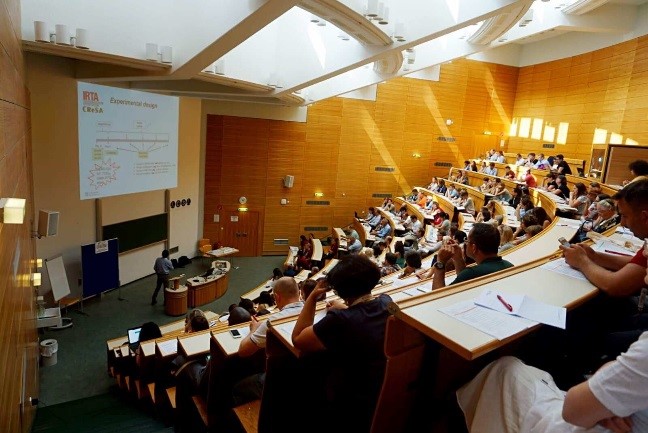
Furthermore, IRTA-CReSA contributed to the meeting with 3 posters describing novel research insights explored on MERS-CoV, porcine influenza virus and ASFv. Te Nigeer presented a poster about the co-localization of MERS-CoV and its cellular receptor in the respiratory tract of pigs and llamas. Marta Sisteré, from the influenza virus research group, displayed a study showing the assessment of a vaccine, designed by using hemagglutinin-conserved peptides in a combination with an innate immune response adjuvant (flagelin), in seronegative pigs (challenged against influenza virus H1N1 strain) and pigs carrying maternal antibodies (challenged against influenza virus H3N2 strain). Finally, Elisabet López exhibited a poster about a recent study performed by the group working on ASFv. The work showed that those immunized pigs using a live attenuated vaccine (BA71ΔCD2), and which survived an infection with the homologous ASFv strain (BA71), are able to resist a lethal dose of ASFv Kenya06 strain. As opposite, pigs treated using a prime-boost vaccination with BA71ΔCD2 are not able to survive the lethal dose of Kenya06 strain challenge. This great project was awarded as the best poster of the 12th Annual Meeting of EPIZONE, among hundreds of exposed posters. The authors provide novel knowledge that might be useful to understand the mechanisms involved in protection against ASFv and for designing efficient vaccines which protect against the different strains of this aggressive virus, which have recently been introduced to Occidental Europe.
For further information about ESVV-EPIZONE 2018 visit its website or contact the attendants from IRTA-CReSA.

